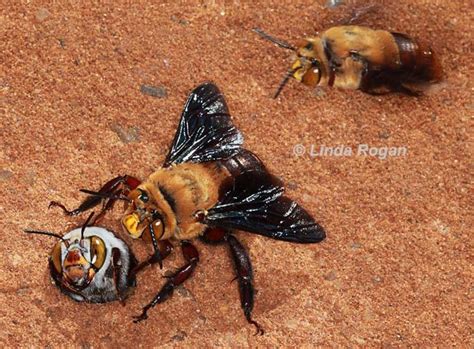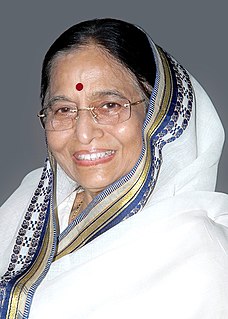A Quote by Tom Robbins
The very act of creation requires such focused concentration that vast areas of knowledge may be completely overlooked. Well, so what? There is no evidence that generalized skills are in any way superior to specialized brilliance.
Related Quotes
There is a section of our population in South Africa that you can't expect to get integrated in the economy of its own. These are people without skills and that will include young people who might very well have matric certificates, but don't have the skills to be absorbed in the economy. So we need to target people like those in a special way, in a focused way so that they have the skills and the capacity to participate in the economy. That requires special programmes.
In the fetus, or a really young child, all the different brain areas are connected to each other, diffusely. And as the brain develops, the excess connections are turned off, so you get very specialized areas. So most people have really specialized talents. What happens in creative people is this pooling doesn't take place.
One of the most commonly overlooked spiritual practices is daring to be completely honest with everyone you encounter. Some may say others cannot handle their honesty, but true honesty is not a strategy or a weapon of any kind. It is the willingness to be open and absolutely transparent in sharing how any moment feels in your heart. It has nothing to do with confrontation, accusation, or any form of blame. True honesty is the willingness to stand completely exposed, allowing the world to do what it may, and say what it will, only so you may know who you are - beyond all ideas.
Very little attention is paid to improving the decision-making skills of both individual executives and the organizational benchstrength as a whole. Often we find that this is overlooked because there is a common assumption the business executives have all the requisite cognitive skills they need when they come to work for the organization. The problem with that perspective is that it overlooks the fact that thinking skills can be learned and improved at any time during the course of a persons lifetime.
The knowledge we now consider knowledge proves itself in action. What we now mean by knowledge is information effective in action, information focused on results. Results are outside the person, in society and economy, or in the advancement of knowledge itself. To accomplish anything this knowledge has to be highly specialized.
To have that concentration to act well is like lugging things up staircases in your brain. I think that’s a thing people don’t understand. It is that exhausting. If you’re doing it well, if you’re concentrating the way you need to, if your will and your concentration and emotional and imagination and emotional life are all in tune, concentrated and working together in that role, that is just like lugging weights upstairs with your head... And I don’t think that should get any easier.
Not all introductions worked well. Rabbits were an unmitigated environmental disaster. Unchecked by any natural predator, they bred at a staggering rate and chewed their way across vast areas of pastureland as well as any garden that came their way. Attempts to control them by introducing ferrets, weasels and stoats did much more harm than good. Although these predators probably killed a reasonable number of rabbits, they also devastated populations of kiwi and raided the nests of flighted birds.
The debate can be put in the form of the question: Resolved, that the best of money managers cannot be demonstrated to be able to deliver the goods of superior portfolio-selection performance. Any jury that reviews the evidence, and there is a great deal of relevant evidence, must at least come out with the Scottish verdict: Superior investment performance is unproved.
General Systems Theory is a name which has come into use to describe a level of theoretical model-building which lies somewhere between the highly generalized constructions of pure mathematics and the specific theories of the specialized disciplines. Mathematics attempts to organize highly general relationships into a coherent system, a system however which does not have any necessary connections with the "real" world around us. It studies all thinkable relationships abstracted from any concrete situation or body of empirical knowledge.
This word "description" may be disconcerting when used to refer to what is generally called a translation. But when one wishes to render a verbal creation (as opposed to a didactic statement) from one language to another, he is confronted with two equally unsatisfactory choices. He may, according to his talents, elaborate a similar, but never identical creation, or he may describe that creation as completely as possible in his own language.






































